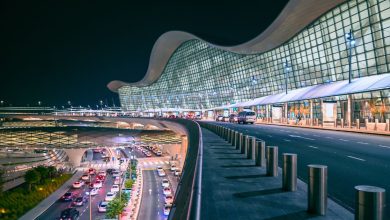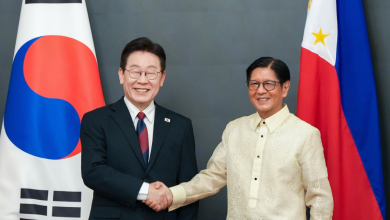The Department of Tourism (DOT) proclaimed that it eyes sustainable tourism with an emphasis on culture, heritage, and identity in upcoming years during the second day of the International Ecotourism Travel Mart (IETM) 2023.
The Philippines has long been at the forefront of ecotourism development, implementing various policies and strategies since the 1990s to balance sustainable tourism development, environmental conservation, and cultural preservation. This was highlighted by the Department of Tourism (DOT) OIC Undersecretary for Tourism Development Planning, Verna Buensuceso, on the second day of the International Ecotourism Travel Mart (IETM) 2023.
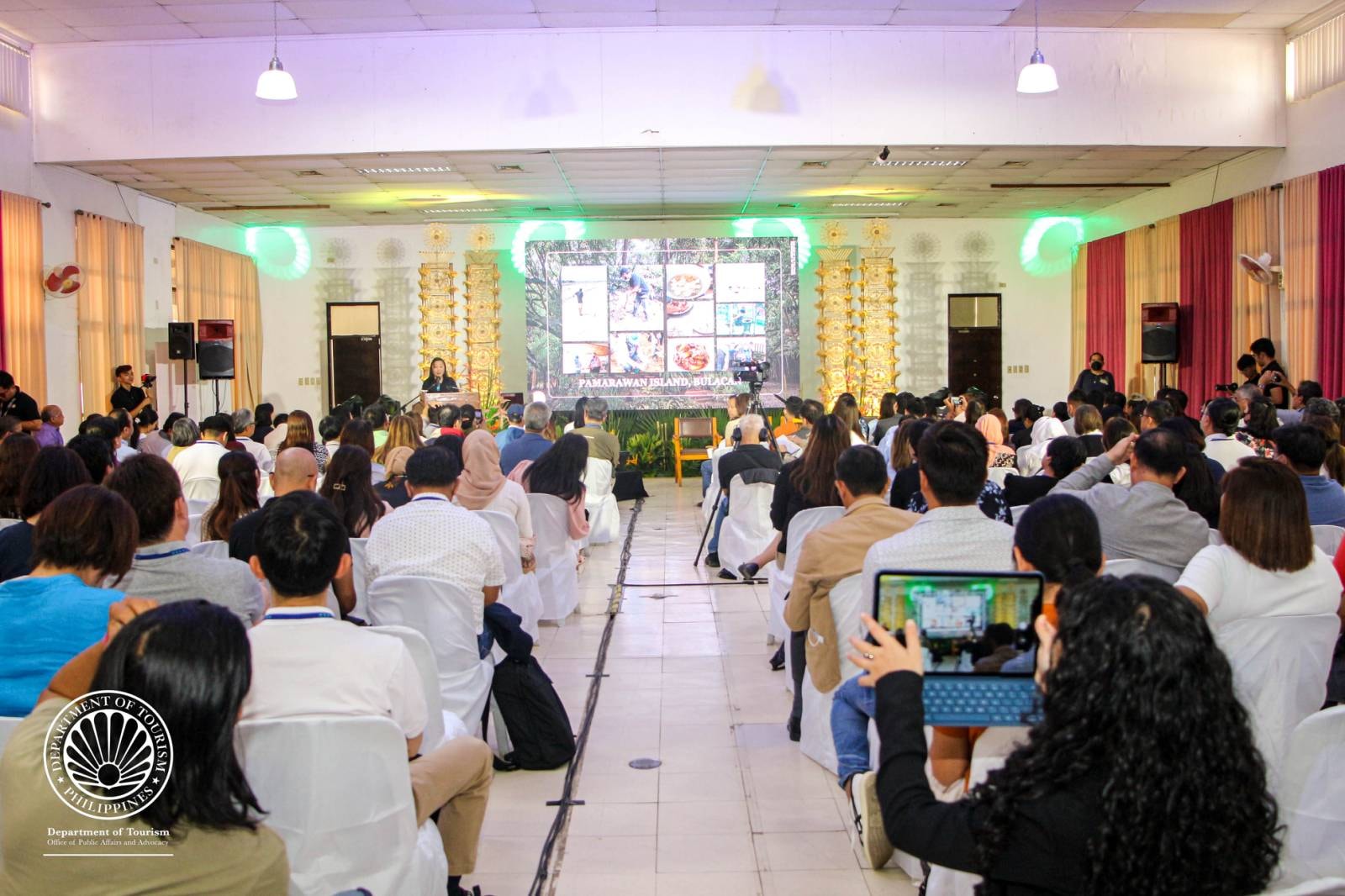
Buensuceso outlined the historical steps taken by the DOT, including the 20-year sustainable tourism master plan, the 1987 Constitution, the DOT-DENR Joint Memorandum Circular on ecotourism framework development, Executive Order 111 on the ecotourism development national policy, the Tourism Act 2009, and the National Ecotourism Strategy and Action Plan. As a result of these programs and policies, the Philippines has gained international recognition for its ecotourism destinations, with citations for UNESCO World Heritage sites, the UNWTO Best Tourism Villages Program, the ASEAN Tourism Standards, and the Green Destination Story Awards, among others.
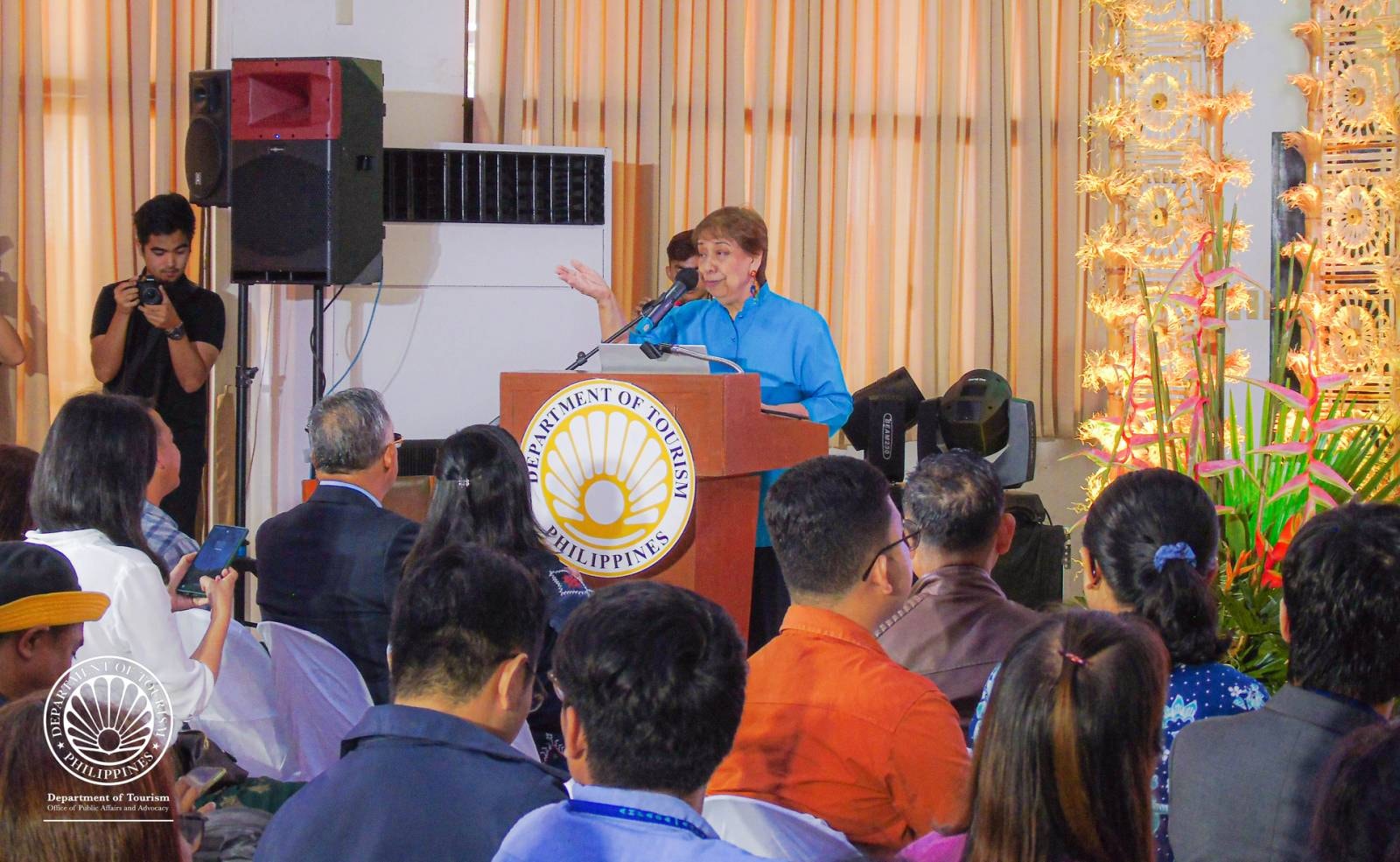
Buensuceso also discussed the DOT’s plans for the future of the tourism industry, including the completion of the National Tourism Development Plan (NTDP) for 2023-2028, which aims to establish sustainable tourism anchored on Filipino culture, heritage, and identity.
The IETM 2023 event also featured notable presentations on ecotourism, including discussions on the past, present, and future of ecotourism, its definition and principles, ecotourism carrying capacity, and opportunities in ecotourism. Subsequent sessions focused on the socio-cultural dimension of ecotourism and the environment and its impact on ecotourism, as well as best practices in these areas.
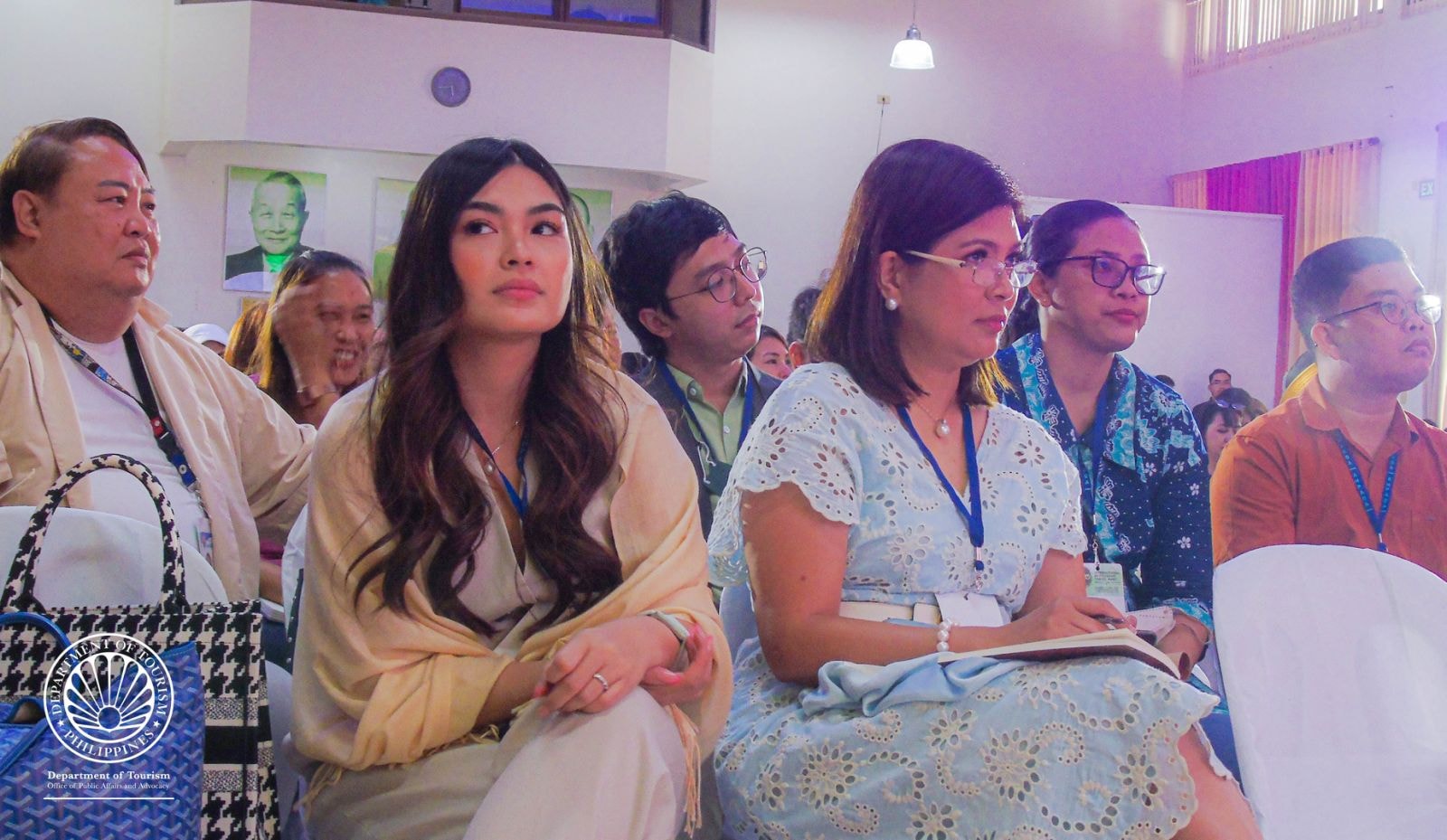
Buensuceso expressed her eagerness to work with IETM 2023 delegates toward achieving authentic ecotourism, saying, “we take inspiration from all the best practices and nuggets of information and knowledge that have been and will be shared over the next two days in this Forum. And prospectively, we look forward to working with all of you as we all together aspire for truly authentic ecotourism for all.”
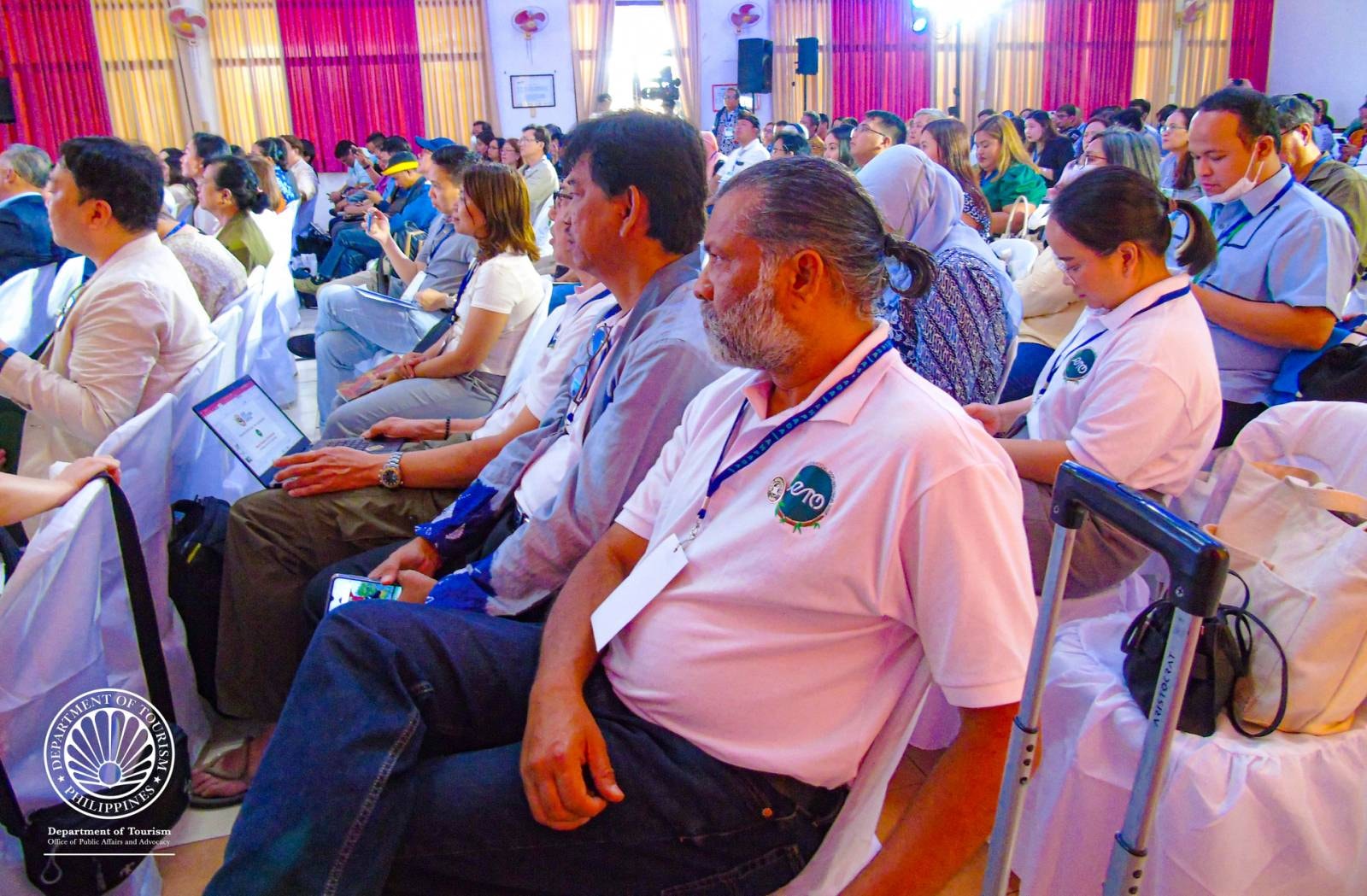
Overall, the Philippines’ commitment to sustainable ecotourism development and the recognition it has received for its efforts make it a leader in the field and a model for other countries to follow.


